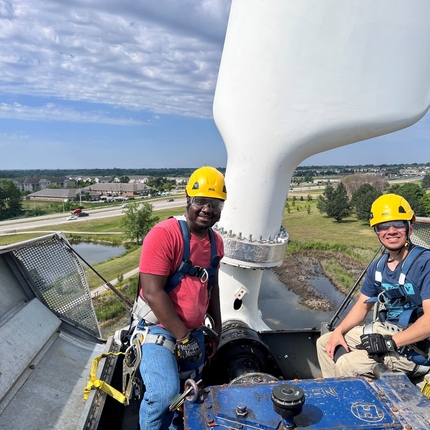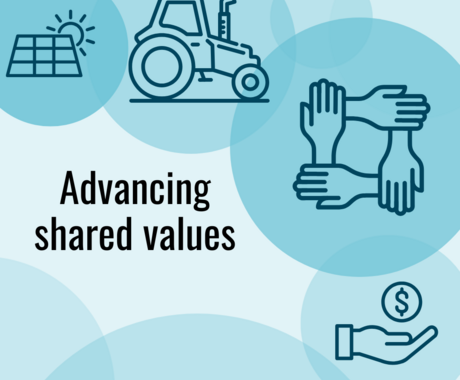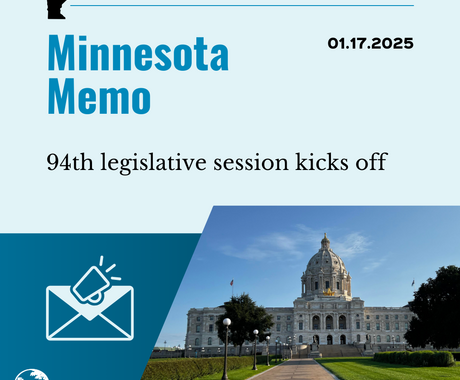The economic boom of clean energy across the Midwest has accelerated the demand for a qualified workforce in a rapidly growing industry.
According to Clean Jobs Midwest, more than 734,000 new jobs have been created across the Midwest since 2022, and that number is expected to grow as projects funded through the federal Inflation Reduction Act begin.
The IRA, passed in 2022, has infused nearly $370 billion nationwide into the renewable energy sector. In addition to the new capital, the IRA provides tax credits to incentivize high labor standards, such as ensuring equitable wages for workers during the deployment of clean energy projects.
To meet the growing demand for workers to install, maintain, and repair the equipment, community colleges and technical schools, including Iowa Lakes Community College and Des Moines Area Community College (DMACC), offer technical training programs to supply students with the hands-on experience and essential skills needed to work as renewable energy technicians.
“There is a lot of interest in wind energy, and the industry needs students badly,” said Michael Gengler, assistant professor at Iowa Lakes.
Michael said clean energy companies often visit Iowa Lakes and other technical schools to hire students, but it is not enough.
“We have companies come in and they need 20 people, but we only have 10, so there is way more of a demand for people than we can keep up with,” Michael shared.
For many rural Iowans, clean energy jobs open a path to a fulfilling career. Michael said about 90% of the students in Iowa Lakes’ renewable technician program are from rural areas, usually because they know someone who works in clean energy and can attest to how well it pays.
The programs at Iowa Lakes and DMACC use full-scale wind turbines, solar arrays, and climbing rooms to build students’ confidence and prepare them for the daily tasks and troubleshooting they will perform as technicians. DMACC’s Energy Park offers a unique opportunity for students to learn on a full-scale 2.3-megawatt wind turbine.
“Students get real access; it’s not just a simulation,” said Douglas Elrick, a professor at DMACC. “They’re out there actually working on the same type of equipment that they’ll work on in the field.”
Courses are often developed in partnership with clean energy companies to equip students with the precise skills necessary and to facilitate connections to potential employers.
“Our program has students who have some experience and students who have no experience,” Michael said. “Throughout the program, they have the opportunity to make mistakes and learn from those mistakes.”
Financial assistance through various scholarship and grant programs is available for interested students to attend one- or two-year programs.
“Students can pay absolutely nothing, walk out the door, and get a job that pays them very well, which is something you can’t get at most places,” Michael said.
With most career opportunities for technicians centered in rural areas, the Iowa Lakes and DMACC training programs benefit not only the clean energy sector but also the communities that host projects.
For more information visit DMACC and Iowa Lakes Community College websites.
Feature photo: Now that’s a classroom with a view! Students in the DMACC renewable energy program (pictured) gain valuable hands-on training and experience at the college's three-acre Energy Park site, which features an 11-story, 200-kilowatt active wind turbine and a 2.3-megawatt wind turbine generator nacelle donated by MidAmerican Energy. The Park is located on the college’s Ankeny campus. Photo courtesy of DMACC.





